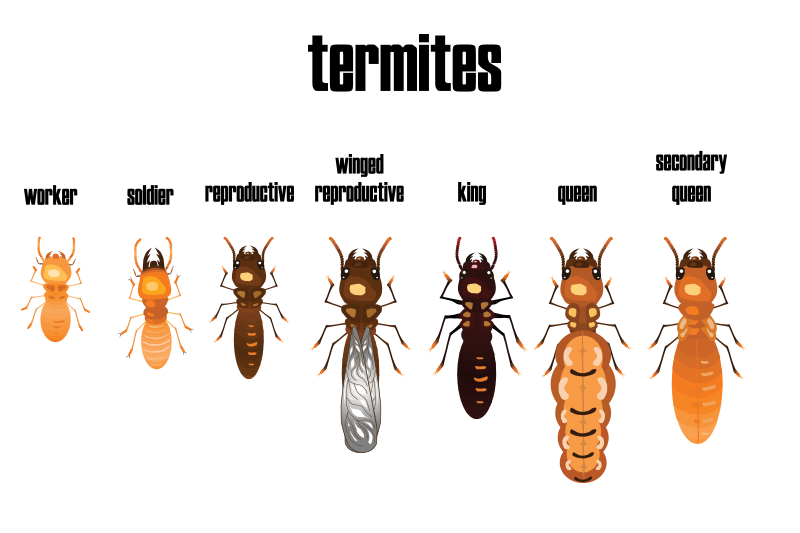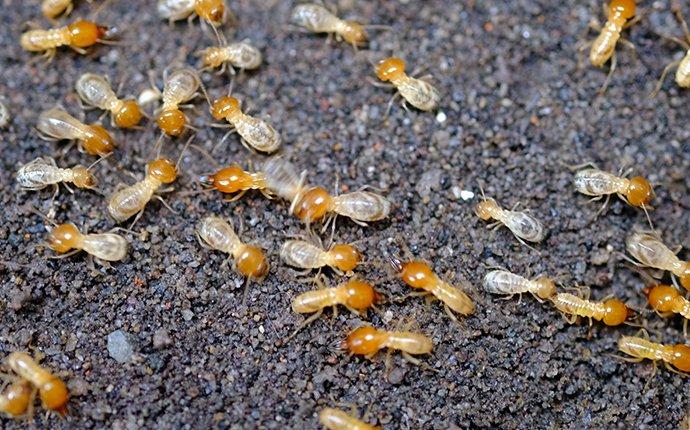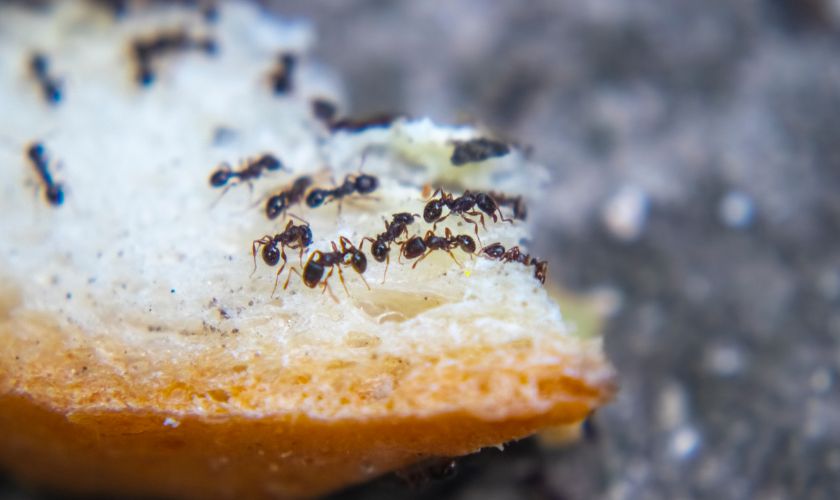Reliable Ant Control: Specialist Services to Eliminate Ant Infestations
Reliable Ant Control: Specialist Services to Eliminate Ant Infestations
Blog Article
Environmental Effect of Pest Control: Harmonizing Efficiency With Sustainability
The ecological influence of pest control is a critical issue that needs a delicate balance between attaining performance in managing pests and ensuring sustainability of our environments. As we aim to secure our plants, homes, and health and wellness from the hazards positioned by parasites, the techniques we use can unintentionally hurt the atmosphere. From the use of damaging chemicals that seep right into our dirt and water to the unintended effects on non-target species, the repercussions of standard pest control practices are far-ranging. Nonetheless, there are arising methods that provide expect an extra sustainable technique to pest administration. These services not just goal to deal with the immediate bug problems yet likewise think about the lasting health and wellness of our world.
Hazardous Chemicals in Bug Control
The use of hazardous chemicals in pest control positions considerable ecological and wellness threats that require cautious consideration and mitigation methods. Pesticides, herbicides, and insecticides are commonly used to remove bugs, yet their prevalent application can bring about unplanned repercussions. These chemicals can infect soil, water resources, and the air, impacting not only the targeted pests yet additionally beneficial insects, wild animals, and people.

To address these threats, integrated pest monitoring (IPM) techniques are being promoted as a much more sustainable option. IPM involves a combination of techniques such as organic control, environment adjustment, and the targeted usage of chemicals as a last option (ant control salisbury nc). By taking on an all natural strategy to pest control, we can reduce the ecological and wellness effects related to unsafe chemicals while effectively handling pest populations
Influence on Non-Target Variety
Considering the unintended consequences of parasite control techniques, the effect on non-target types is an important aspect that needs detailed assessment. While pest control steps intend to target particular pests, other microorganisms in the ecosystem may be inadvertently affected. Non-target varieties, consisting of advantageous insects, birds, mammals, and also plants, can suffer straight or indirect injury from pesticide applications or biological control methods.
Pesticides can have sub-lethal or deadly effects on non-target species. As an example, pesticides developed to fight a particular insect pest may harm pollinators like or natural killers such as ladybugs. Furthermore, chemical deposits can collect in the atmosphere, influencing non-target organisms gradually. Similarly, biological control representatives, otherwise species-specific, can position threats to unplanned targets, disrupting the environmental equilibrium.
To mitigate the impact on non-target types, integrated parasite administration (IPM) strategies that highlight an all natural strategy to pest control are suggested. These methods prioritize the usage of eco-friendly practices, lessening harm to advantageous organisms while efficiently handling pest populaces. Conducting detailed danger assessments and keeping track of the results of bug control efforts are vital steps in securing non-target varieties and promoting total ecological community health.
Dirt and Water Contamination
Unplanned environmental repercussions of insect control methods prolong past affecting non-target species, with substantial effects for soil and water contamination. Pesticides, herbicides, and chemical plant foods used in parasite control can seep into the dirt and infect groundwater, posturing a threat discover this to both terrestrial and marine ecosystems. Soil contamination can interrupt the equilibrium of microorganisms necessary for nutrient biking and plant development, leading to lowered soil fertility and efficiency. Moreover, these chemicals can continue the environment for extensive periods, collecting in the dirt and possibly entering the food chain.
Water contamination is one more important issue related to insect control techniques. Overflow from agricultural areas treated with chemicals can bring these chemicals into neighboring water bodies, impacting water organisms and water top quality. Contaminants in water sources can have far-ranging repercussions, affecting not only marine life but likewise human wellness with the consumption of infected water or water microorganisms. To alleviate dirt and water contamination from bug control tasks, integrated parasite administration techniques that prioritize sustainability and lessen chemical inputs are important.
Air Contamination From Pesticide Usage
Exposure to airborne pesticides during agricultural applications positions a substantial problem for air pollution control steps. Additionally, pesticide drift, where pesticides are lugged by the wind to unexpected areas, can lead to the contamination of neighboring ecological communities and water bodies.

Methods for Lasting Pest Control
In the realm of farming methods, carrying out sustainable bug control strategies is paramount for maintaining environmental balance and safeguarding crop returns. Lasting insect control stresses the usage of ecologically pleasant approaches to handle parasite populations efficiently while minimizing damage to non-target microorganisms and communities. Integrated Insect Management (IPM) is a widely embraced technique that integrates biological, social, physical, and chemical control methods to accomplish long-term pest monitoring solutions.
One key technique in lasting parasite control is promoting biodiversity within agroecosystems. By enhancing all-natural adversaries of insects, such as parasitoids and predators, farmers can lower the demand for artificial chemicals. Plant rotation and diversification are likewise efficient strategies to interfere with pest life cycles and create less positive problems for pests to prosper. In addition, utilizing pest-resistant crop varieties and utilizing methods like catch chopping can assist lower pest pressure without counting heavily on chemical interventions. Ultimately, by incorporating these lasting pest control approaches, farmers can accomplish an equilibrium between pest management performance and environmental stewardship.
Final Thought
Finally, the environmental impact of parasite control approaches have to be thoroughly thought about to balance efficiency with sustainability. Hazardous chemicals utilized in bug control can lead to dirt and water contamination, air contamination, and harm non-target varieties - termite control services. It is vital to carry out lasting parasite control techniques to lessen these adverse effects on the environment and advertise a much healthier community for future generations
By taking on an alternative strategy to pest control, we can decrease the environmental and health and wellness impacts associated with dangerous chemicals while properly managing pest populations.

To mitigate the air contamination caused by chemical use, it is necessary to embrace incorporated insect administration methods that prioritize the use of non-chemical bug control approaches, such as crop turning, all-natural predators, and resistant plant ranges. Sustainable bug control stresses the usage of environmentally pleasant techniques to manage pest populaces successfully while lessening harm to non-target organisms and ecological communities. Integrated Bug Monitoring (IPM) is a commonly adopted technique that integrates organic, cultural, physical, and chemical control methods to accomplish long-term insect administration remedies.
Report this page